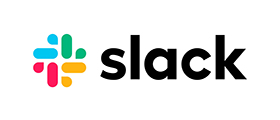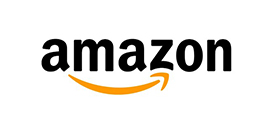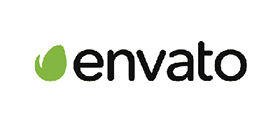OUR SERVICES
We Offer Various Services To Our Clients
Welcome to our comprehensive suite of services tailored to meet all your digital needs. At our agency, we
specialize in
Development & Design, Digital Marketing, Content & Branding, and Analytics & Strategy. Whether you're
looking to enhance
your online presence, optimize your marketing campaigns, or refine your brand identity, we offer a range
of solutions to
help you achieve your goals. Explore our diverse range of services, designed to propel your business
towards success in
the digital realm.














